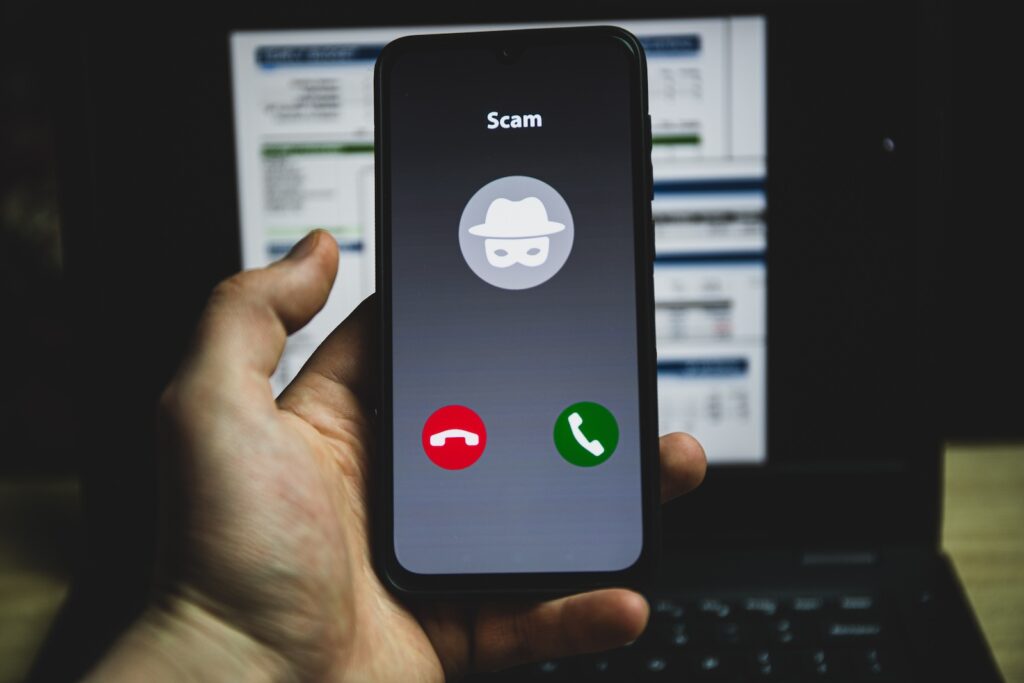## Guarding Against Rising Remote Access Scams
As technology becomes a larger part of our lives, so does the creativity of criminals aiming to exploit it. Recently, there has been a noticeable spike in financial losses due to a particularly sneaky type of trickery known as remote access scams. This type of scam involves criminals contacting individuals out of the blue, claiming they’re there to “fix” issues with their bank accounts, phones, or computers. The catch? They’re not really helping.
In these scams, the person on the other end of the phone or email pretends to be from a well-known company or organization, creating a sense of urgency. They might tell you there’s a serious problem with your account or device that needs immediate attention. To “solve” this problem, they’ll ask for remote access to your device. Once given, they can steal personal information, bank details, or install harmful software without you even realizing it.
It’s increasingly important to approach unexpected contacts with caution. If someone you don’t know contacts you claiming there’s a problem with any of your accounts or devices, it’s a red flag. Real companies usually don’t reach out this way. Here are a few steps to protect yourself:
1. **Stay Calm and Question Everything**: Scammers rely on creating panic to make you act without thinking. Even if it sounds serious, take a step back and question the legitimacy of the call or message.
2. **Never Give Remote Access**: Legitimate tech support rarely, if ever, requests remote access to your device as a first step. If someone asks for this, it’s likely a scam.
3. **Verify Independently**: If you’re unsure if the person contacting you is legit, hang up and contact the company or institution they claim to be from using a phone number or website you know is real. Do not use the contact information they provide.
4. **Keep Software Updated**: Regular updates to your computer and phone’s operating system and security software are your first defense against scams and malware.
5. **Never Share Personal or Financial Details Unprompted**: A trustworthy company will never ask for your passwords or bank details outright, especially not over the phone or via email.
6. **Report Any Scams**: If you encounter what you suspect is a scam, report it. This can help prevent others from falling victim to the same tactics.
By being aware and educating others about these scams, we can collectively make it harder for these criminals to succeed. Always remember, when it comes to security, skepticism is your best friend. Taking a moment to verify can save you not just money, but also the significant stress of dealing with the fallout of a scam.

